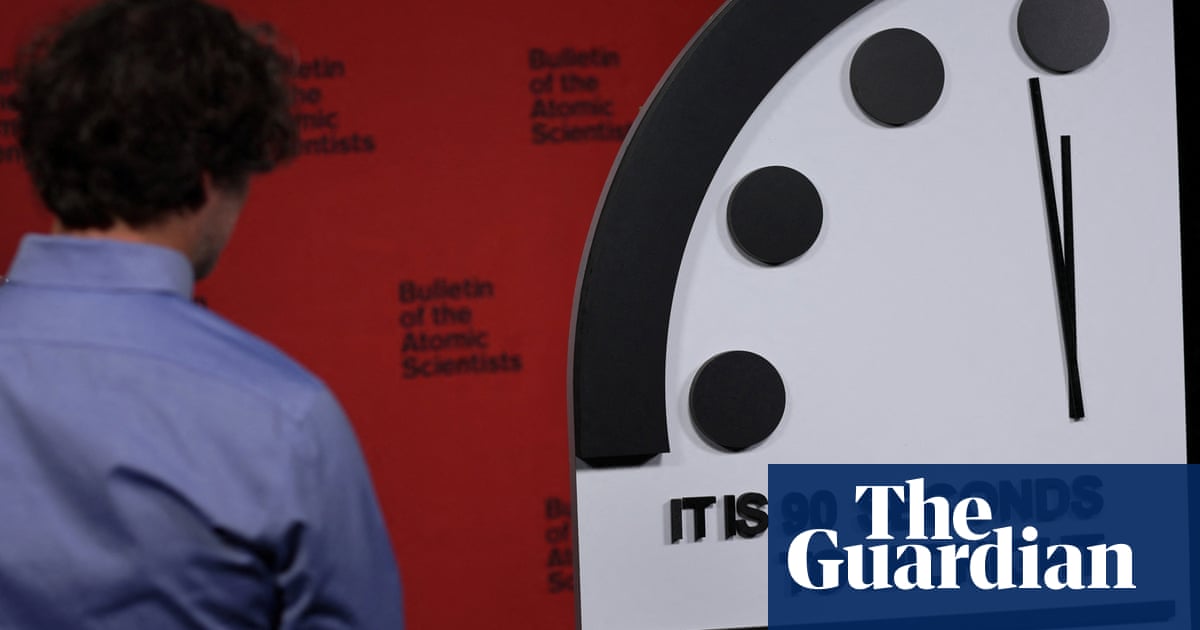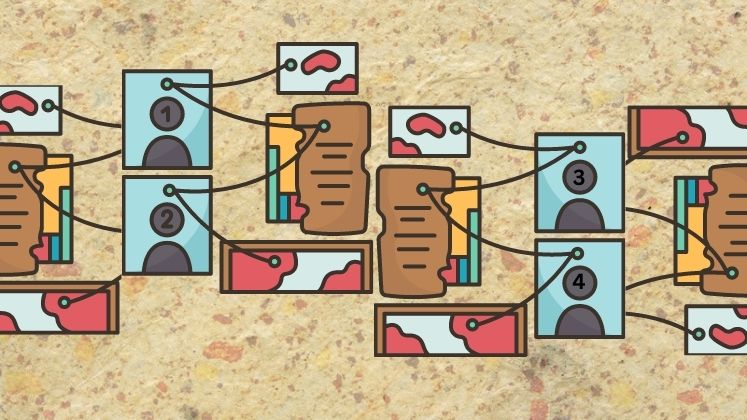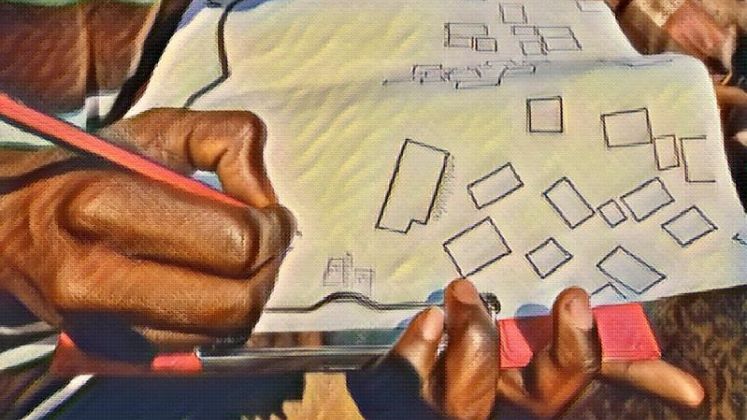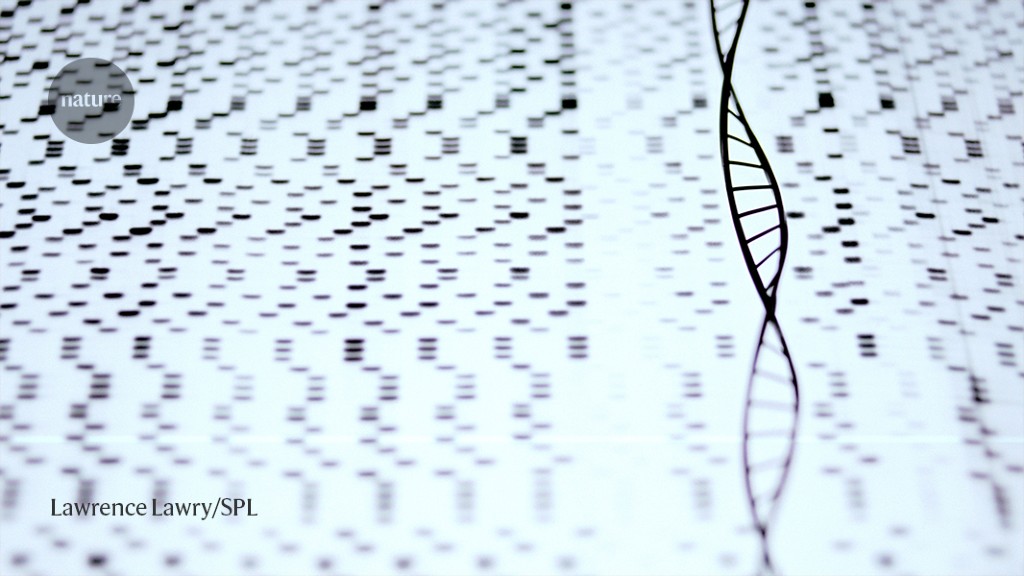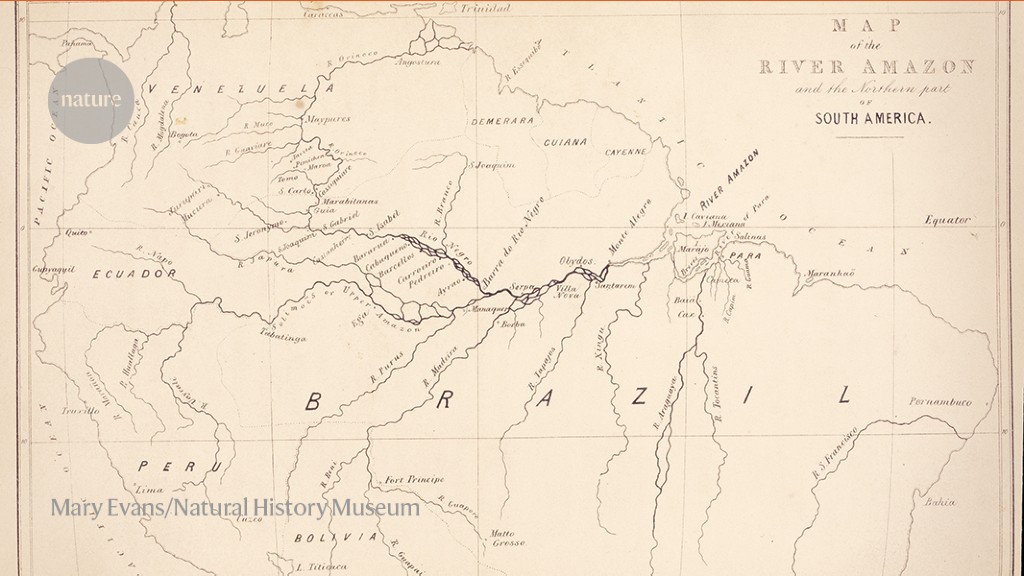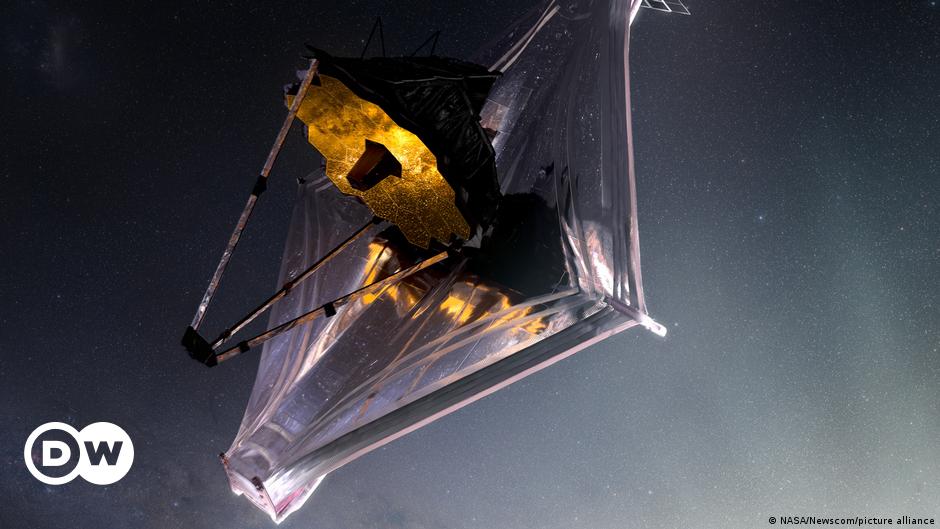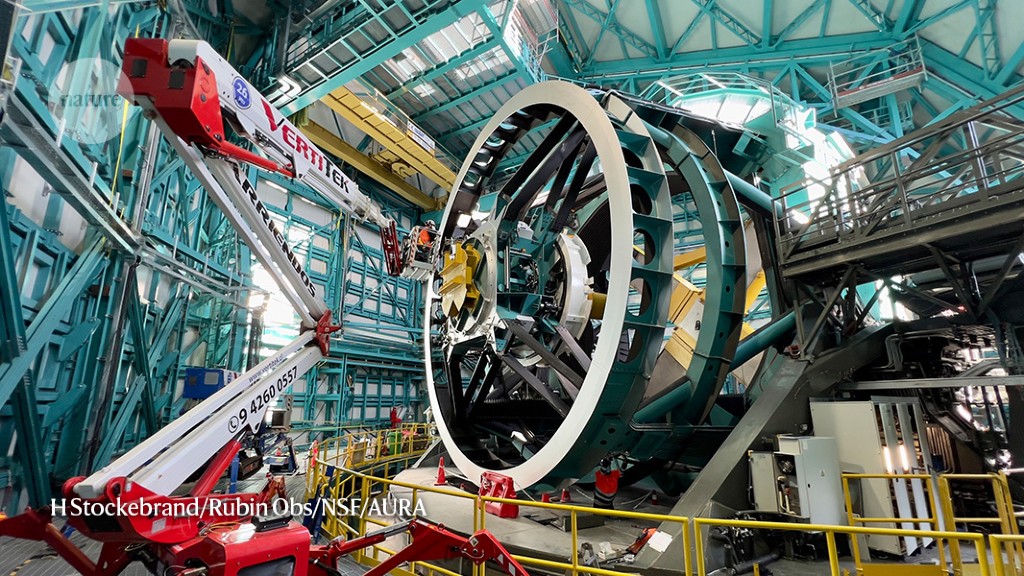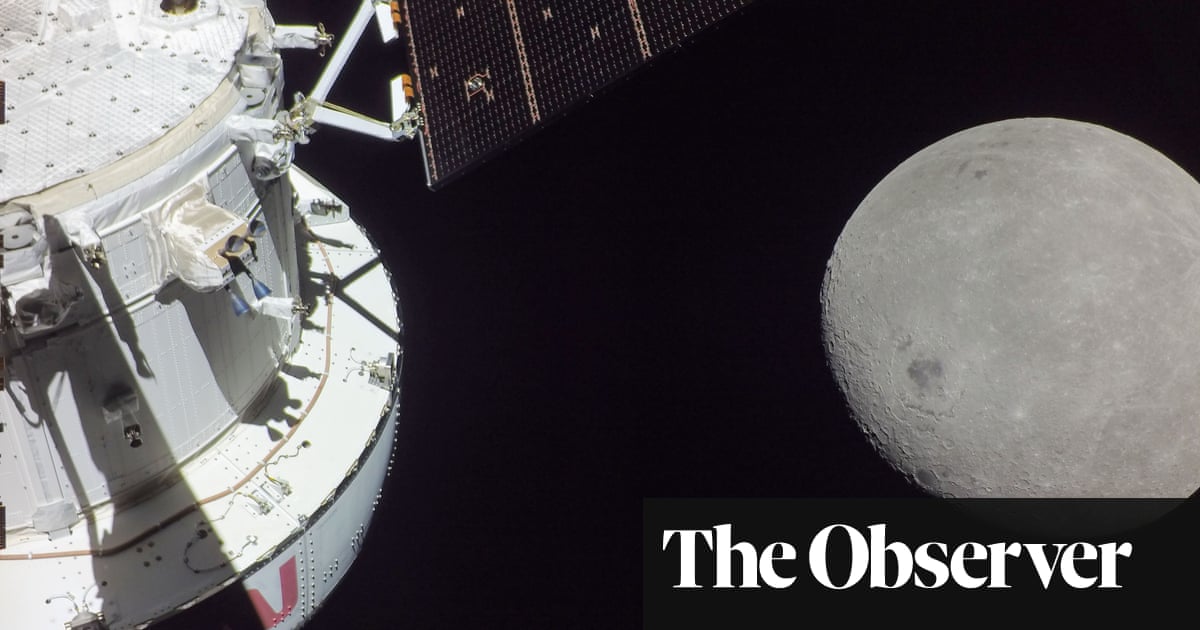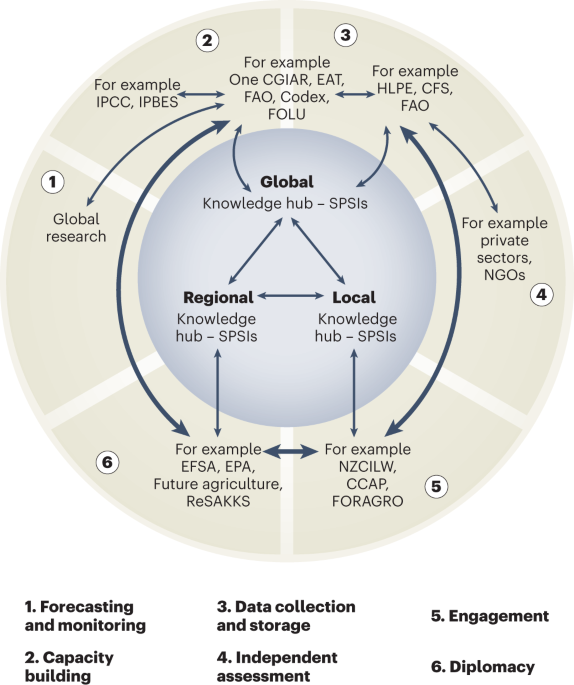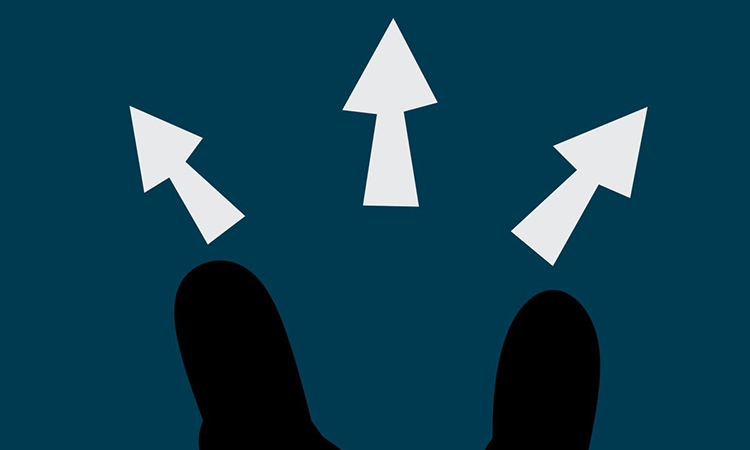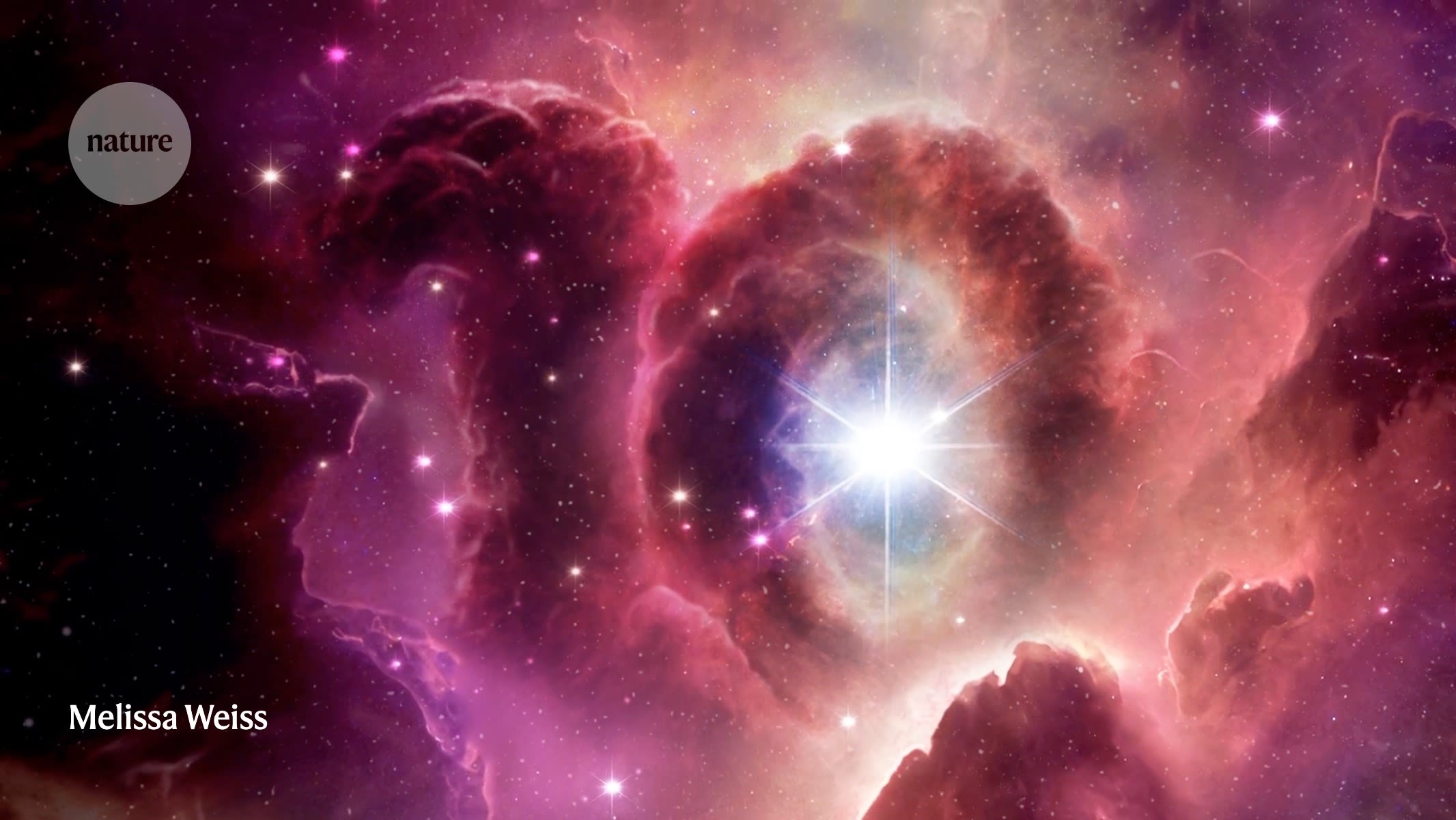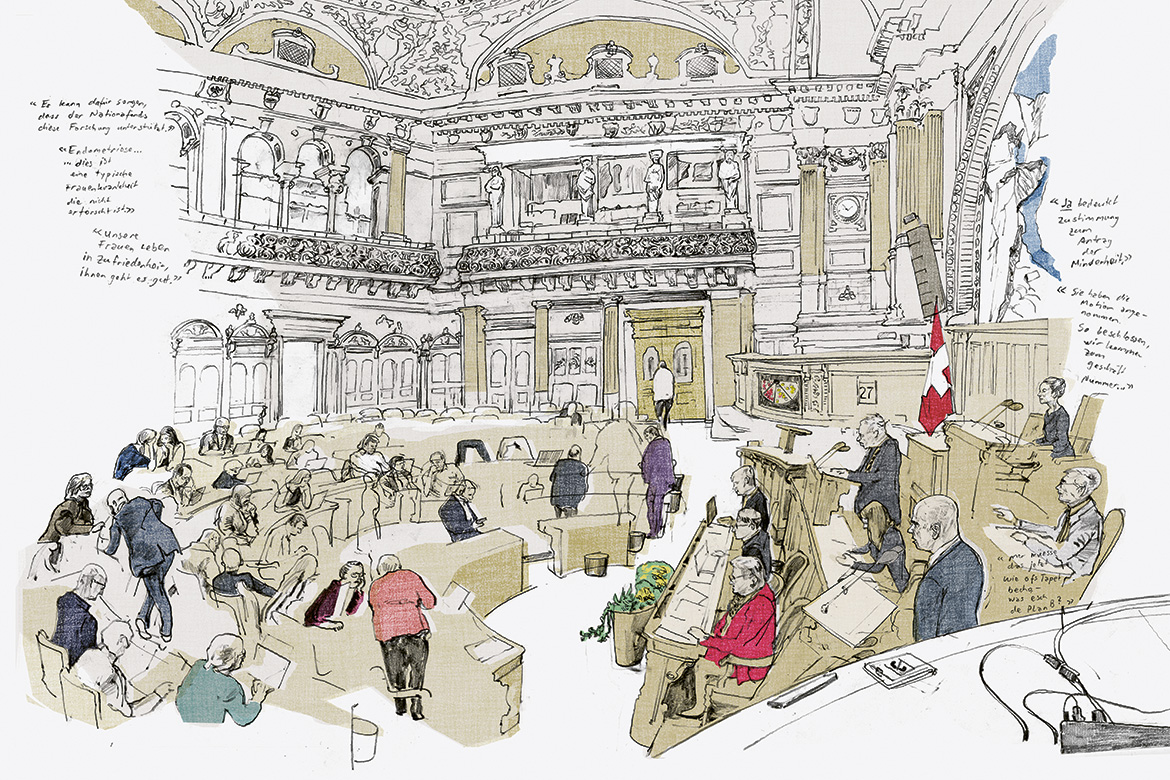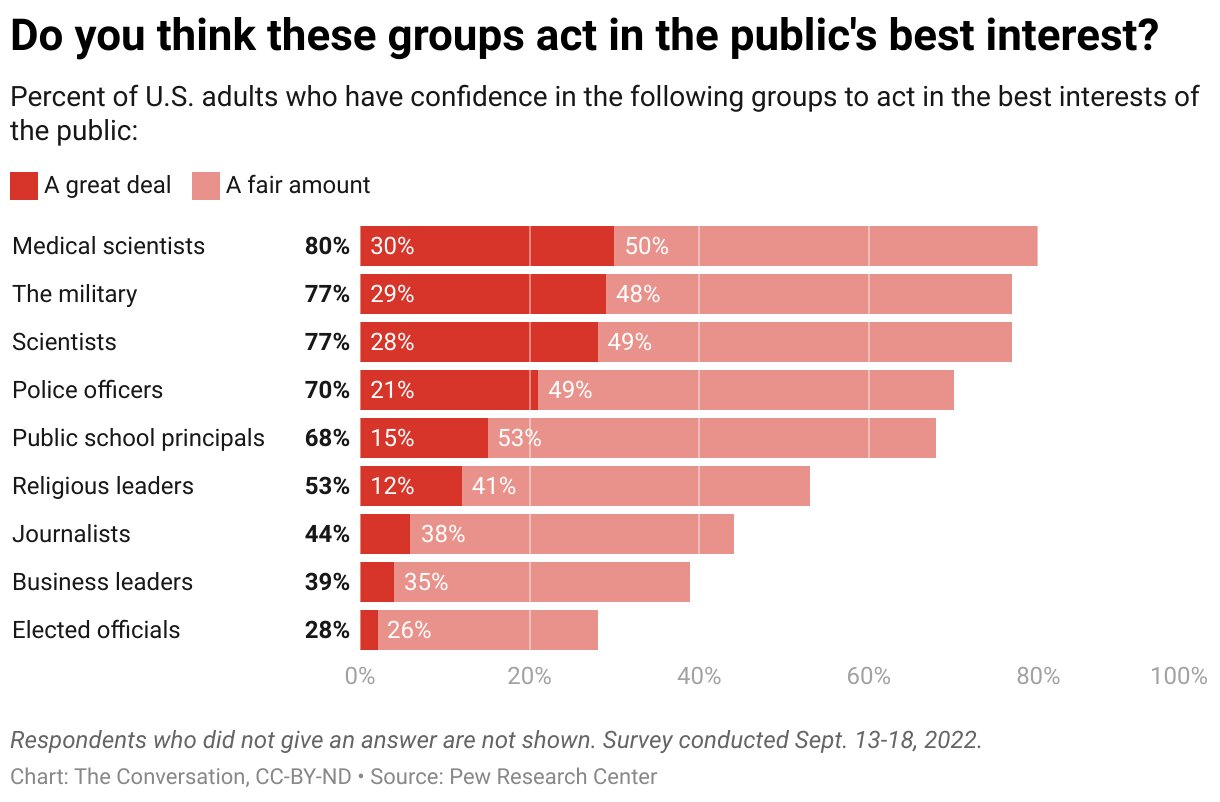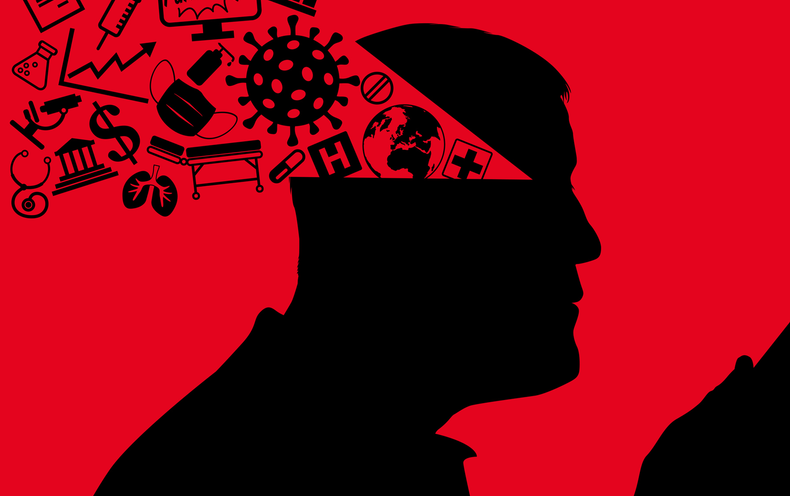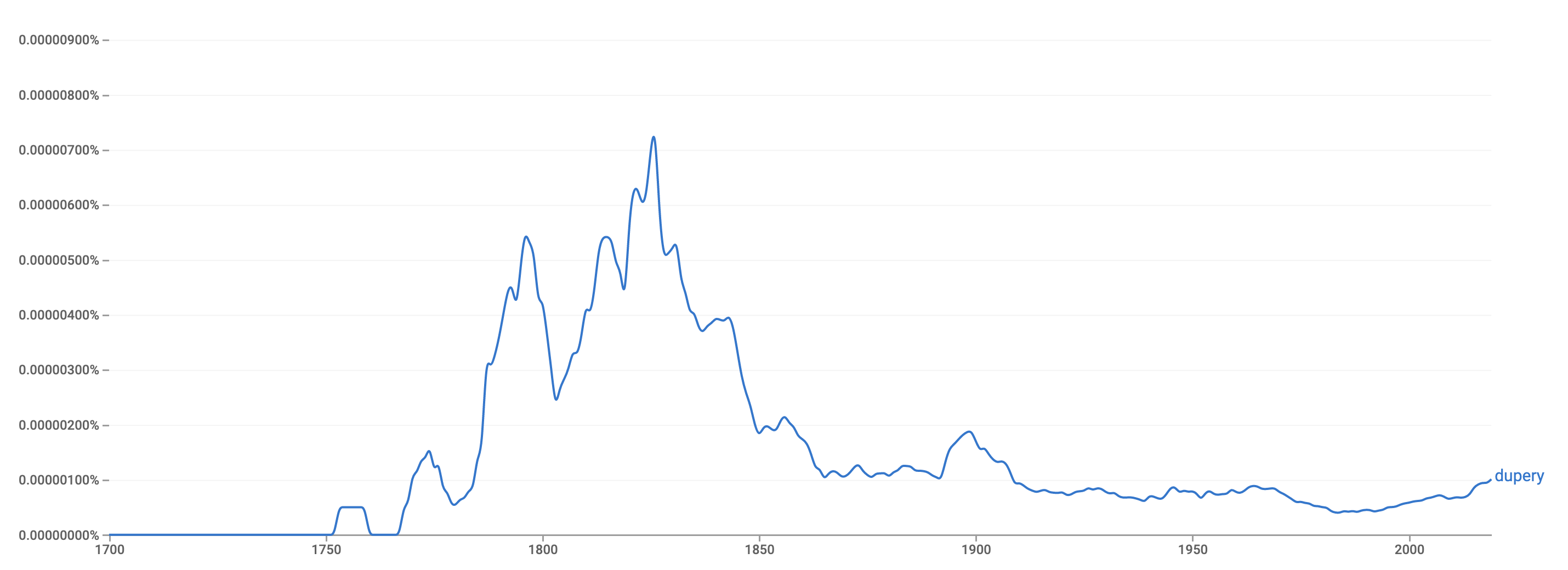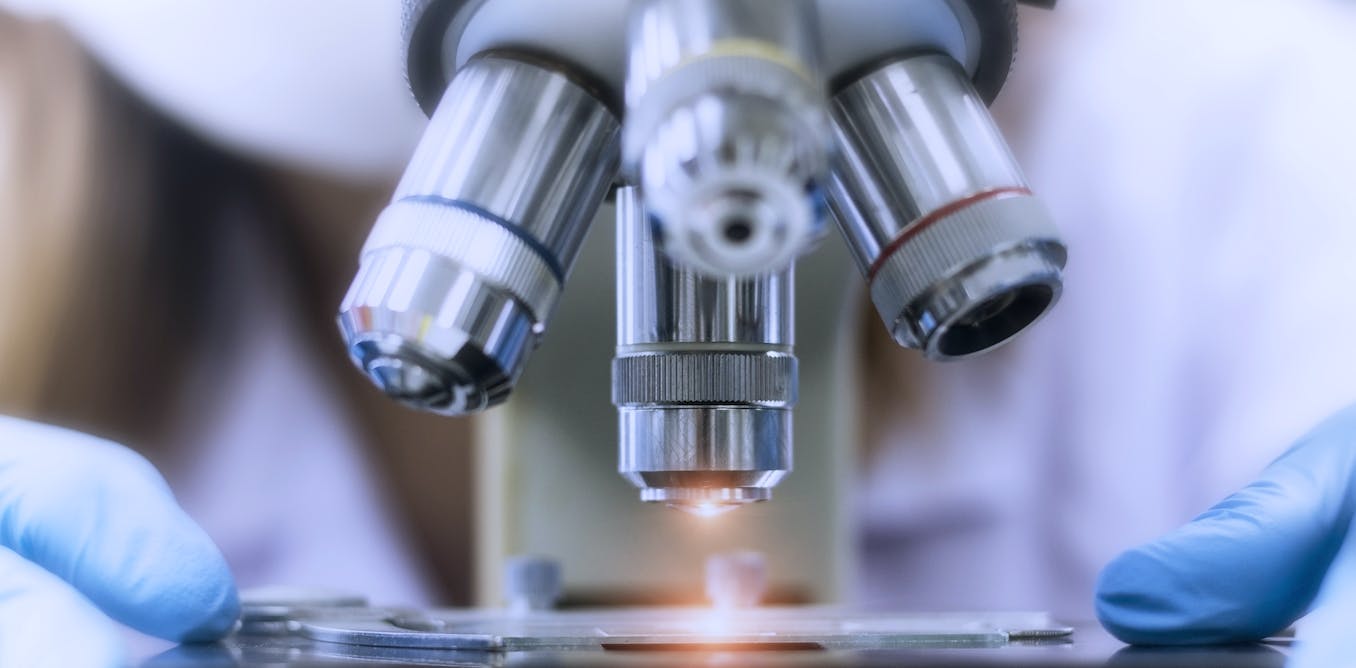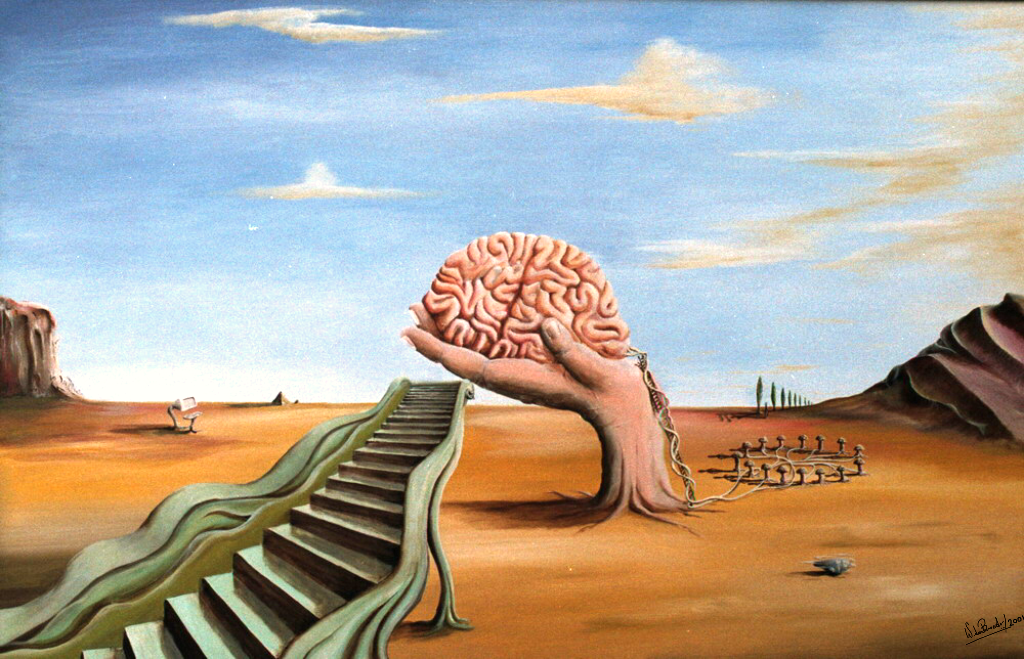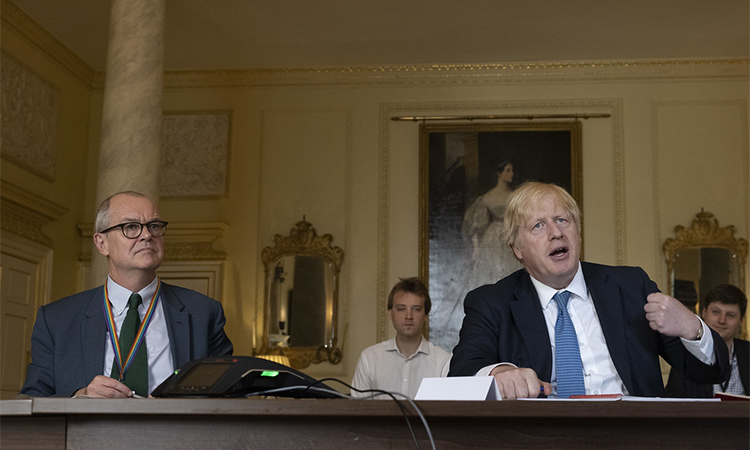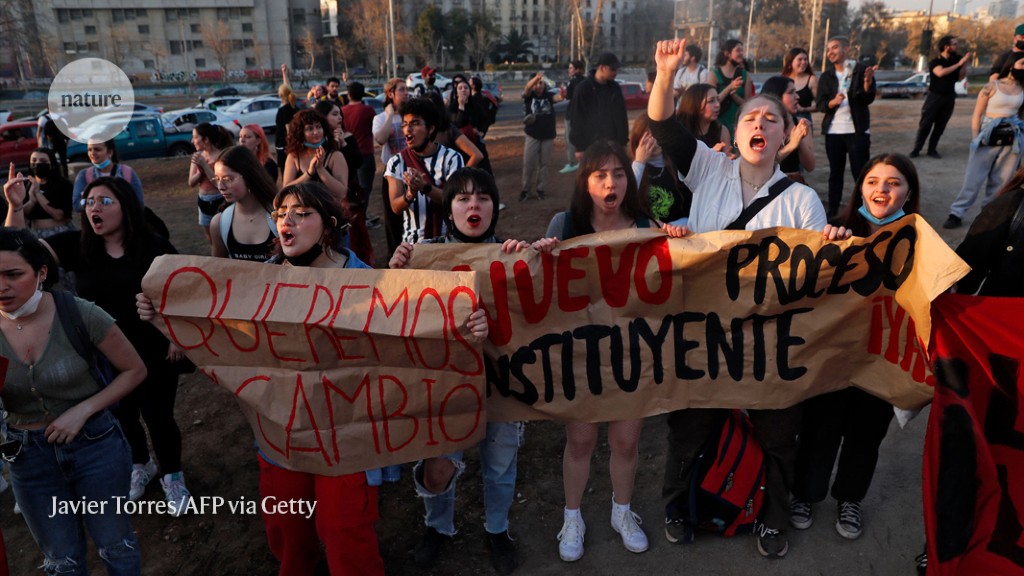Empirical data do not support the conclusion of a crisis of public trust in science. They do support the conclusion of a crisis of conservative trust in science: polls show that American attitudes toward science are highly polarized along political lines. In this essay, we argue that conservative hostility toward science is rooted in conservative hostility toward government regulation of the marketplace, which has morphed in recent decades into conservative hostility to government, tout court. This distrust was cultivated by conservative business leaders for nearly a century, but took strong hold during the Reagan administration, largely in response to scientific evidence of environmental crises that invited governmental response. Thus, science-particularly environmental and public health science-became the target of conservative anti-regulatory attitudes. We argue that contemporary distrust of science is mostly collateral damage, a spillover from carefully orchestrated conservative distrust of government.
